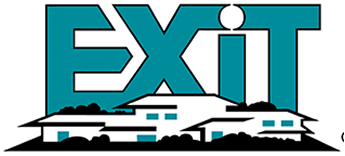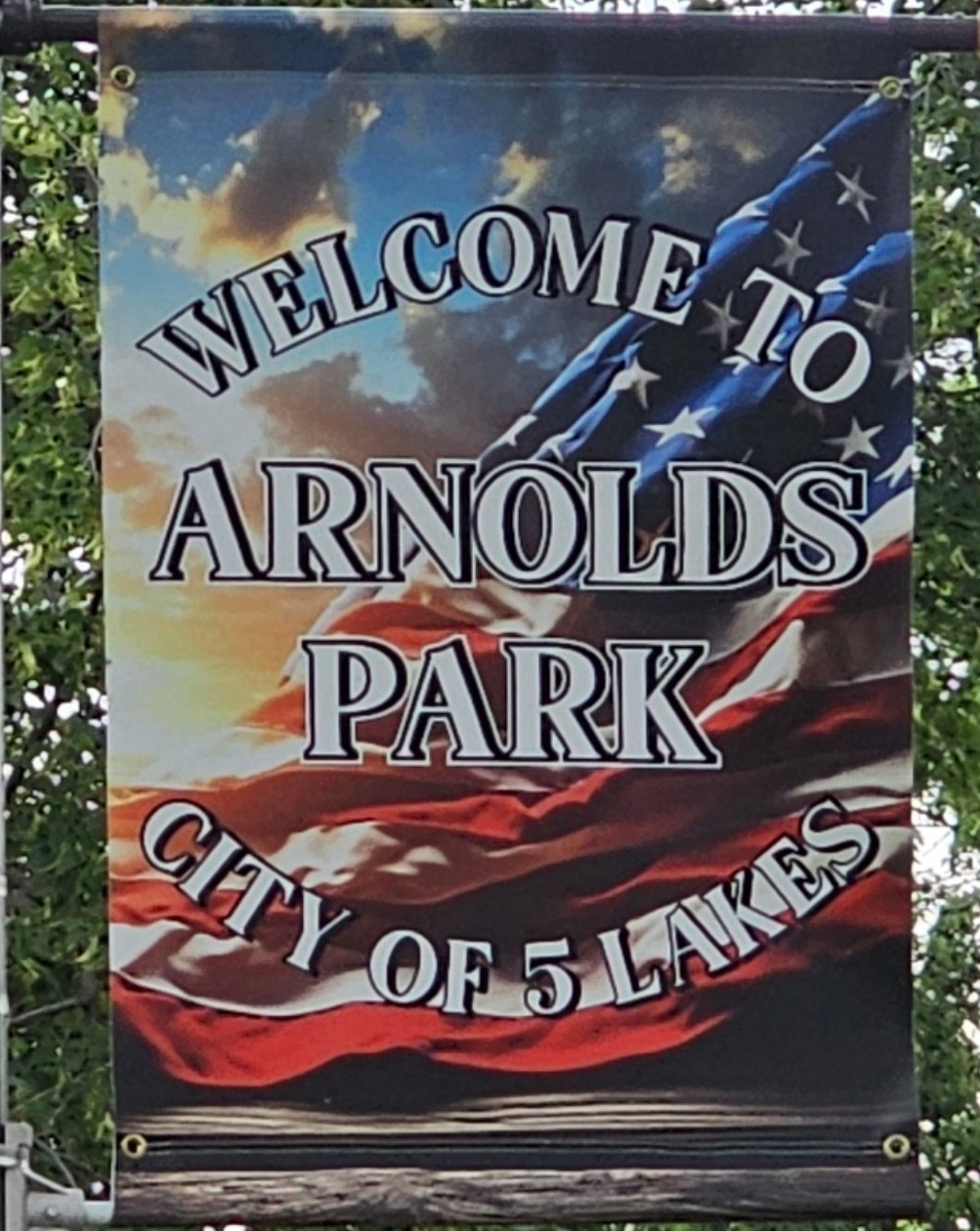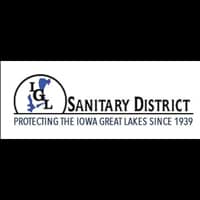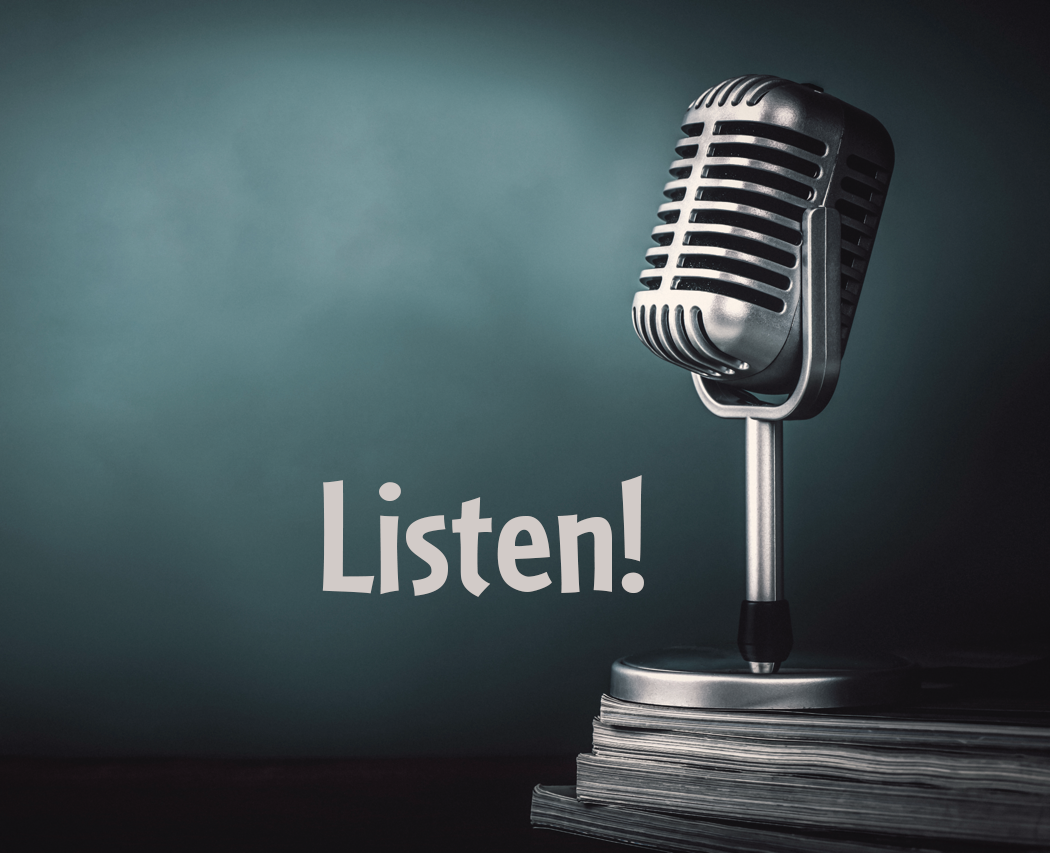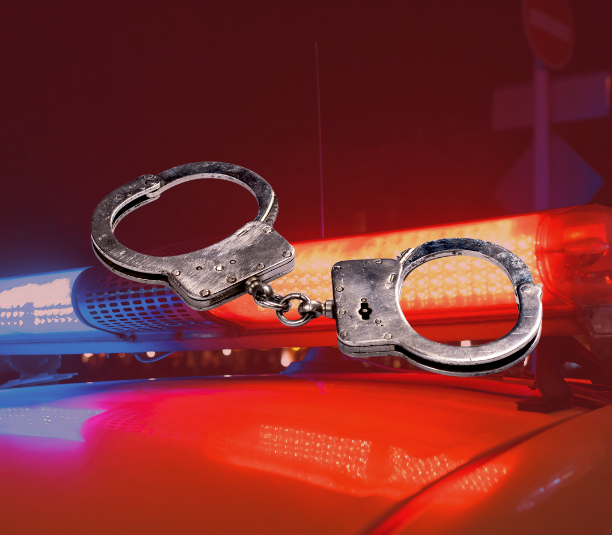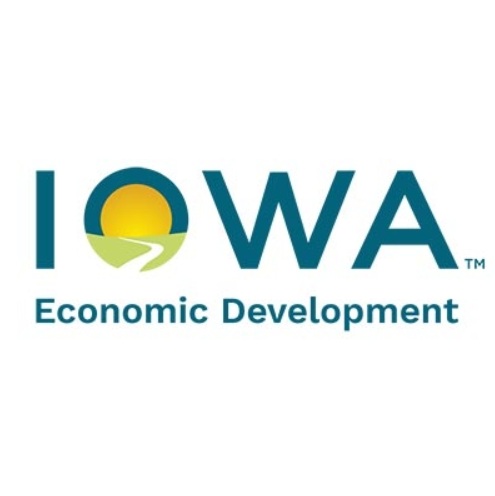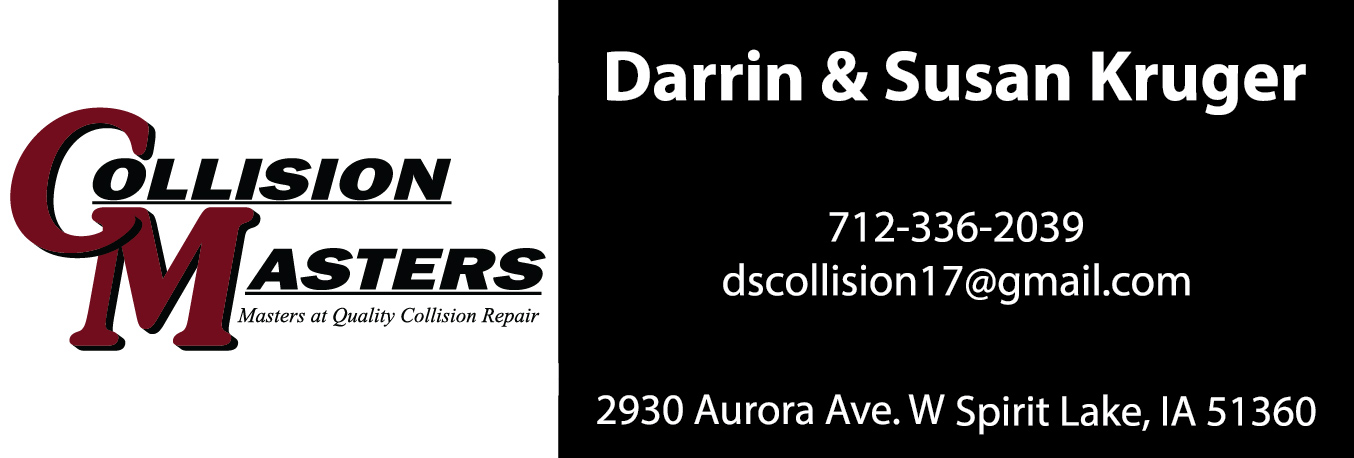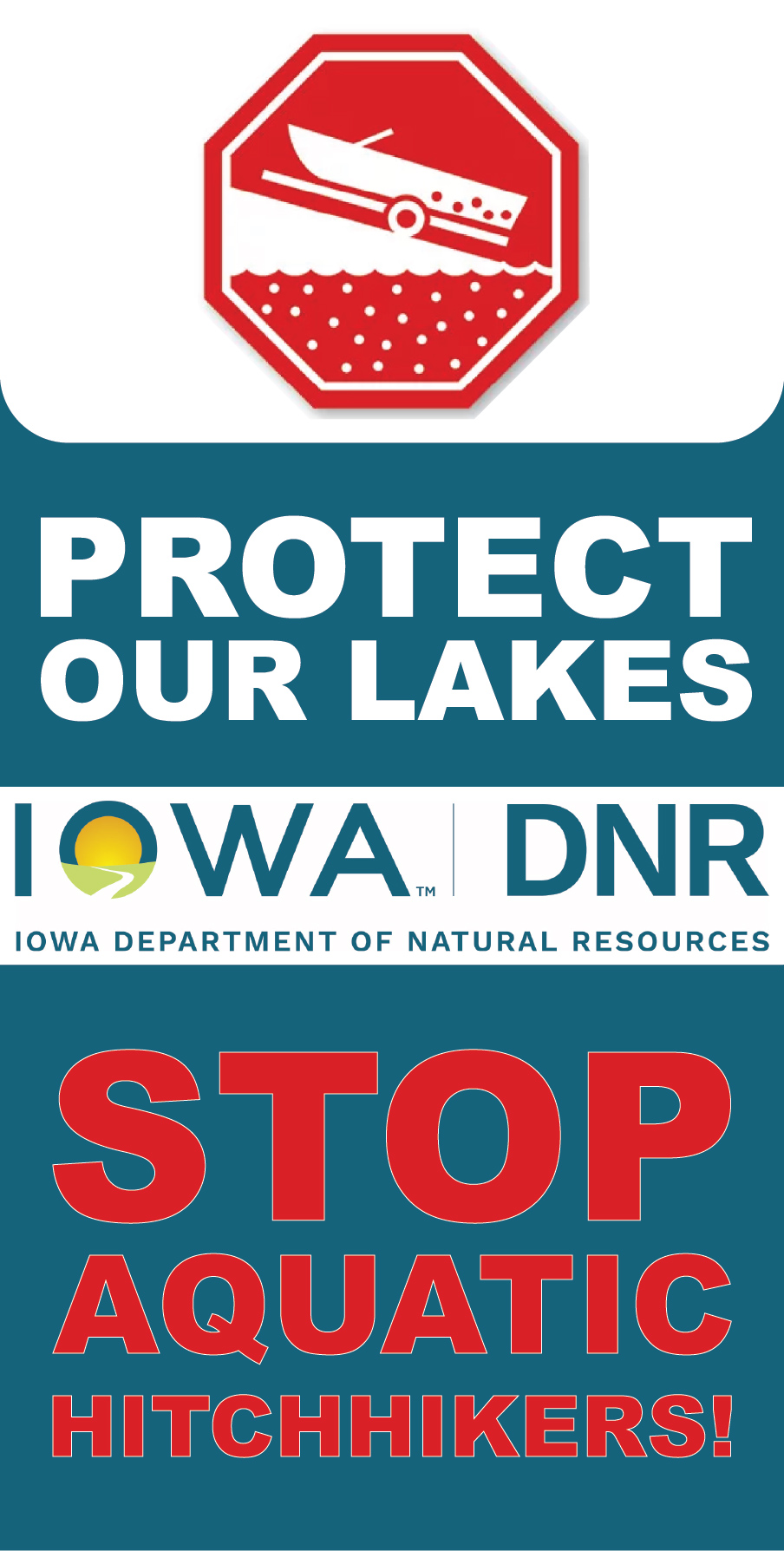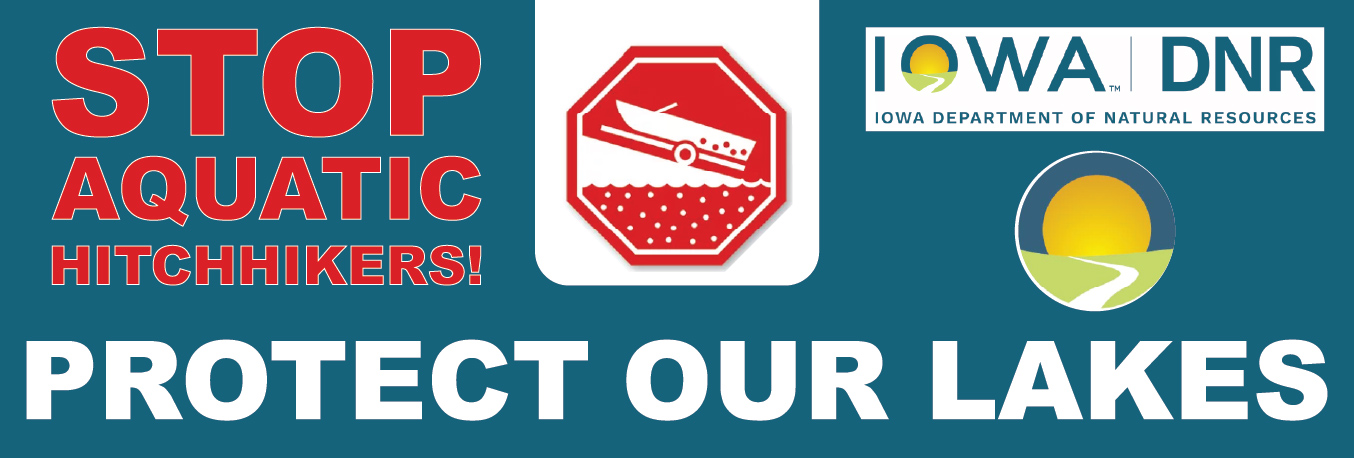The Iowa Lakeside Laboratory studies a lot of different things throughout the summer and one program they run is called CLAMP. CLAMP is thanks to Friends of the Lakeside Lab and Dr. Mary Skopec, Executive Director of the Iowa Lakeside Lab, explains what CLAMP is.
“Clamp is the Cooperative Lake Area Monitoring Project. This is a project that has been going on from Lakeside since 1999 so we are 26 years in and essentially what happens is we have trained volunteers who go out essentially every other week from June into September and they go to several spots in the Iowa Great Lakes and take those samples from the lake and bring them back to our lab. And we analyze it for nutrients like nitrogen and phosphorus, chlorophyll which is a sense of how much algae is in the lake. And over time we can really build a database on how the Iowa Great Lakes are responding to things that we’re doing in the landscape and whether we’re getting better with water quality or what we can do to fix the water quality in the area.”
Dr. Skopec says this work is vitally important after the floods the area experienced last year.
“And one of the interesting things almost by happenstance we had a person who said hey what if you took samples a lot more frequently, a couple times a week. So, we were actually sampling the lakes a couple times a week before the floods happened and as the floods happened, so we had a tremendous data set to see what the response was from those extraordinary rain events.”
Dr. Skopec talks about what they found from those samples from last summer.
“So we saw a big pulse of things like phosphorus and nitrogen moving into the lakes. We knew that the Great Lakes Sanitary District also had a few bypasses and so we were looking at e coli bacteria as well and we did see some areas with elevated levels. I think the positive news was when we look at the e coli that those numbers came down relatively quickly. It didn’t take very many days of no rain and sunshine to make that e coli get better.”
If you would like to hear the full interview with Dr. Skopec you can tune in at 3:30 today for the Clean Water Connection and you can also find the entire Clean Water Connection series under the community tab at Clean Water Connection – Explore Okoboji


